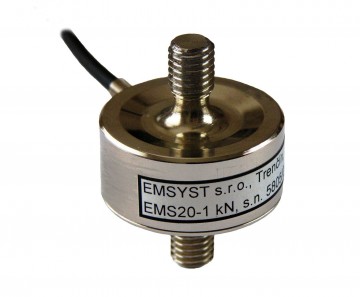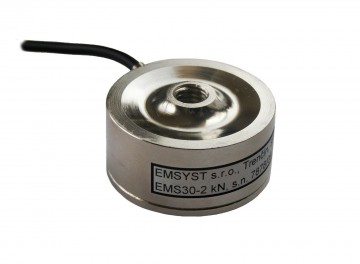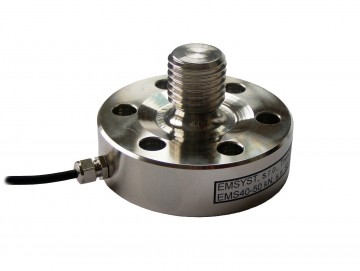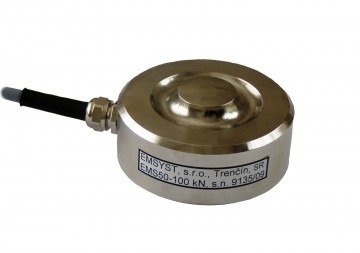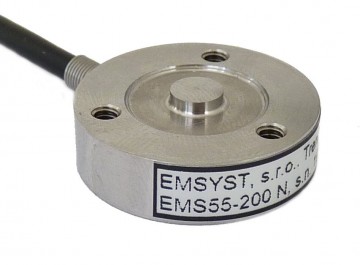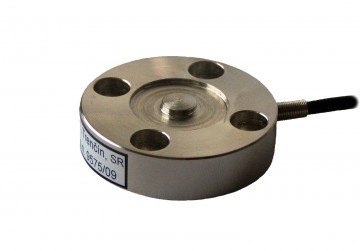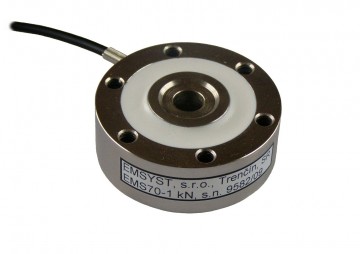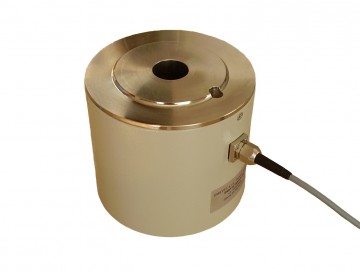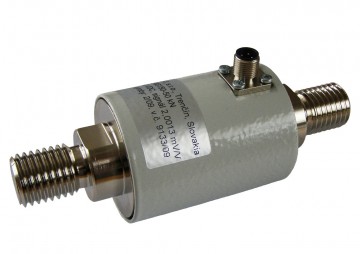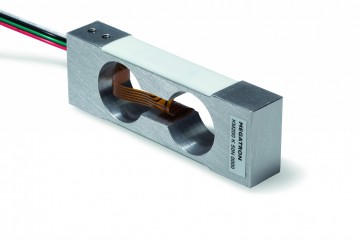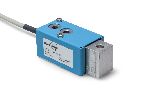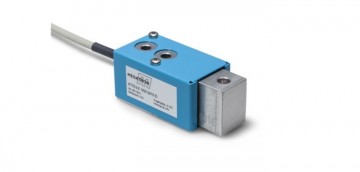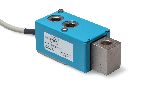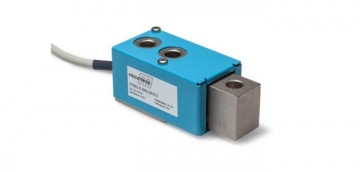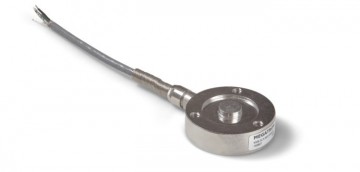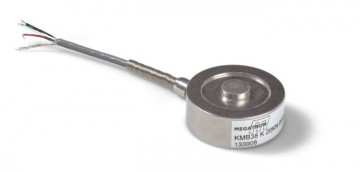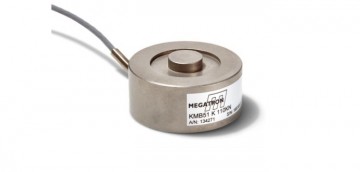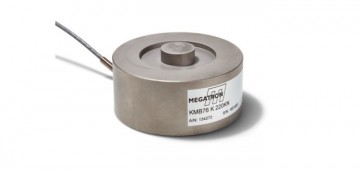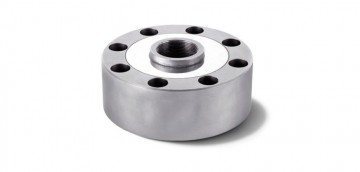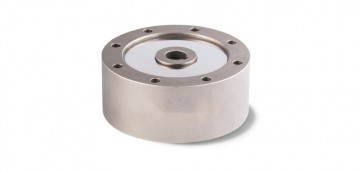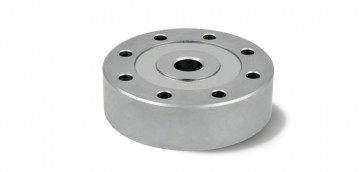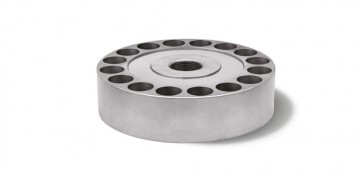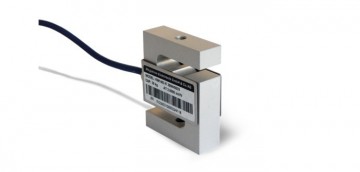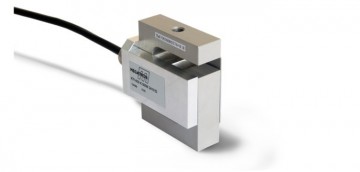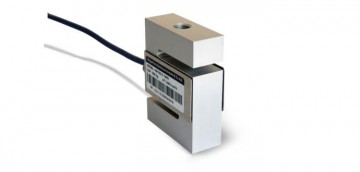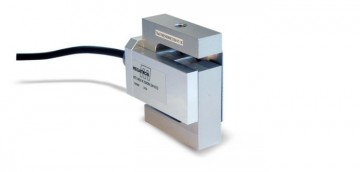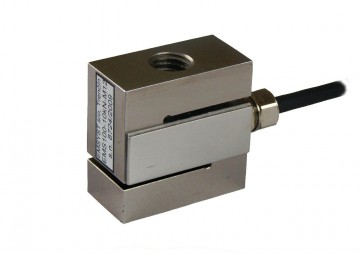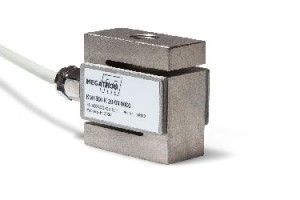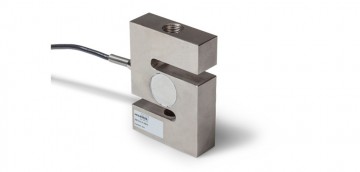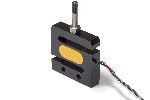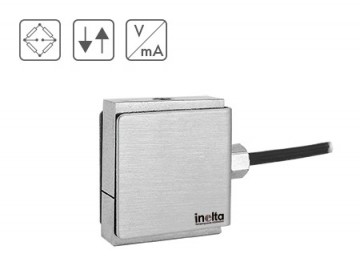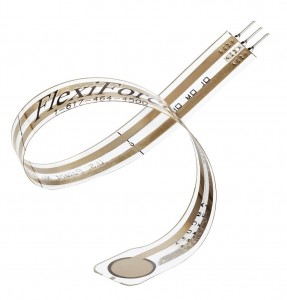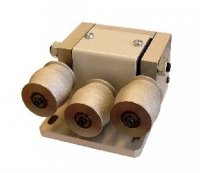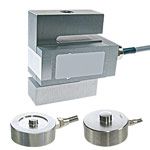
- Robust compact housing
- High degree of protection
- Wide operating temperature range
- Different buildings depending on needs
- Sensors for various applications
Tensometric force sensors, including resistance tensometers, are most often used in laboratory and utility measurements.
They are characterized by high sensitivity and accuracy of measurements while maintaining small size. They are resistant to vibrations and shocks, they can work at high temperatures and pressures, and can also be placed on curved surfaces.
The principle of the resistance strain gauge is based on the physical properties of the metal wire, consisting in changing its electrical resistance with the change of its length. The resistance wire (or foil) is glued with a special glue to the element deforming under the influence of acting forces or moments. The resistance material of the sensor is identical to the deformation as the element on which the sensor was glued.
The most common are ready-made sensors in the form of a foil extensometer glued to the housing. Depending on the design of the load-bearing element (housing), this sensor can be used to measure small forces in the ranges of single Newtons as well as huge forces counted in tens of kilonewtons.

